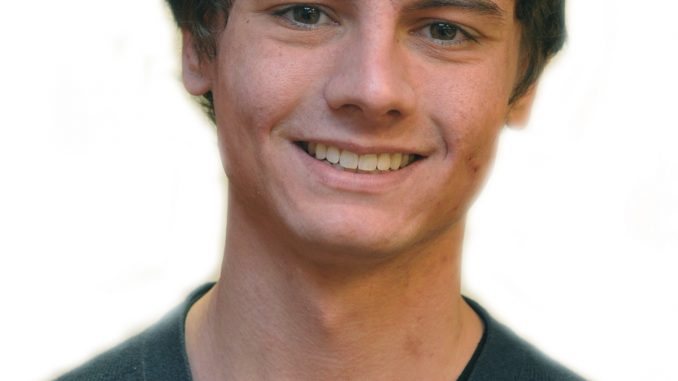
 When I first read Ivery Boston’s piece in The Temple News last month, as well as Student Body President Darin Bartholomew’s corresponding Op-Ed about how Templetown can and should become more like University City, where students stay year-round and the neighborhood surrounding it is more of a destination spot, I can’t say I didn’t at least sort of agree. I stayed at Temple last summer, and although a few friends hung around, by June I found myself traveling downtown or finding a reason to leave North Philly on the weekends.
When I first read Ivery Boston’s piece in The Temple News last month, as well as Student Body President Darin Bartholomew’s corresponding Op-Ed about how Templetown can and should become more like University City, where students stay year-round and the neighborhood surrounding it is more of a destination spot, I can’t say I didn’t at least sort of agree. I stayed at Temple last summer, and although a few friends hung around, by June I found myself traveling downtown or finding a reason to leave North Philly on the weekends.
But the idea that Temple and the surrounding neighborhood should wholeheartedly embrace incoming businesses and real estate developers without caution, or that there isn’t good reason to resist such an idea altogether, is false.
The perception that Templetown needs to move toward the models of gentrification that can be seen in areas like University City and Northern Liberties while still benefiting long-entrenched residents of the area suggests several ideas that don’t sit well after a second look.
It assumes that incoming entrepreneurs would benefit all. Sure, some businesses hire residents from around the area. But walk into Jimmy John’s and you’ll see almost entirely Temple students serving your hoagie. New businesses could simply survive off of cheap, part-time student labor.
Most importantly, it leaves out the very real dissonance there is between the University and the surrounding neighborhood.
There are plenty of widely known reasons for why the surrounding neighborhood might not be thrilled with us expanding and upgrading even more then we already have, like hikes in property taxes and the party lifestyle that inescapably comes with a large population of college students.
And signals have already been sent as to which direction the University is moving towards anyway. A university spokesman said the fortress that is Morgan Hall was admittedly built to keep students from living off campus because our direct neighbors didn’t want us there.
With another monstrosity being erected a little farther east of Morgan Hall by an outside company, the message is clear. We’re internalizing, and partly because the idea of moving out has been met with backlash.
This is not to say that Temple cannot expand eventually, but it’s not going to come overnight and is not the current direction we’re headed in. And before wishing for the nightlife and high-class restaurants, appreciating what’s already here might change your perspective.
Go get your hair cut at Mecca Salon next to Fresh Grocer or As-salaamu Alaikum Barbershop on Cecil B. Moore. Converse with some locals over a drink at Pub Webb. Next time you see your neighbor who isn’t a student outside their door, ask them how their week was.
Before wishing Templetown reflected some other model, I’d suggest looking at what we already have. It took some time for me to really appreciate, but in many ways I’m glad we’re different. As last summer moved along I found myself playing basketball with some kids at the playground behind the fields on 16th street, something I wouldn’t have gone out of my way to do until I had the time to really look at what the neighborhood around Temple already offered.
The fear about our neighborhood is very real and sometimes justified, but it’s always important to remember that it goes both ways. And thinking that inviting gentrification with an open door is not without pitfalls is short-sighted.
Daniel Craig can be reached at daniel.craig@temple.edu.



Temple ’85 grad and original area resident here. Stating the neighborhood should not be improved is a slap in the face for the people who live there. Poverty is a demoralizing situation, it can become something you get stuck in like a car’s tire in snow. Help should be offered to shovel away that snow so motion can happen. The neighborhood was not always like it is today. Pre-riots had a mix of incomes, as healthy neighborhoods should. Old relics can still be seen such as the Uptown theater, where tickets were not cheap. Thinking poor folks want to live with other poor folks isn’t true. Instead of playing basketball with those kids, you need to be tutoring them, and getting them on a tract to go to college. After graduation from college they would leave the neighborhood forever if it is the same. See the problem? You can see my contact information, i’d like to see a response article to my points and would love to help. Or you can just do some more research and revise.
D. Johnson- N. Philly business owner.